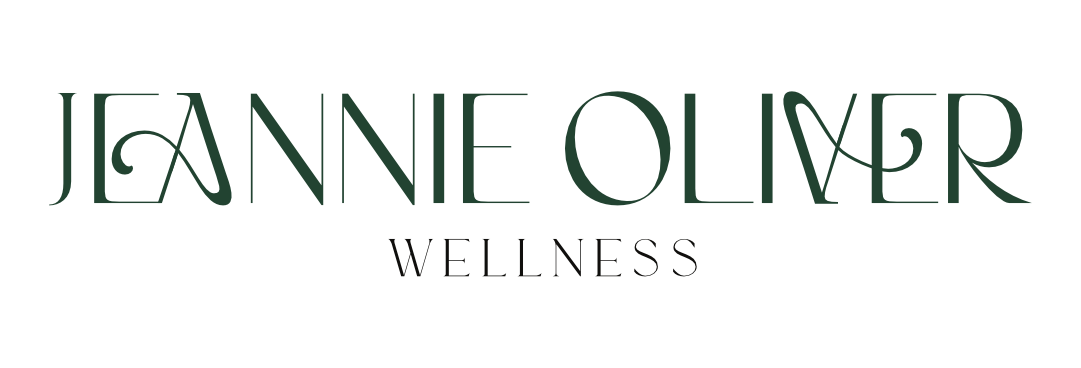Eggs - Health Food or Heart Hazard?
In the late 70s, eggs got a bad reputation because health practitioners discovered that high amounts of cholesterol in the blood could increase our risk of heart disease. Physicians of that era thought (incorrectly, it turns out) that eating high-cholesterol foods would significantly increase blood cholesterol, so they began advising their patients to stop eating foods high in cholesterol, like eggs, which have 200 milligrams.
In recent years, however, research has provided us with a more accurate understanding of the difference between dietary cholesterol (in foods we eat) and blood cholesterol (the amount of cholesterol our bodies make). That is, 80 percent of our blood cholesterol is manufactured by our liver and our small intestine – not from the foods we eat.
Today, we know that blood cholesterol is not affected very much by dietary cholesterol. In fact, foods high in saturated fat, trans-fat and processed sugar are much more of a cholesterol-raising concern. And our own personal blood cholesterol levels are affected by genetics, as well as age and gender.
All of this means that if you like eggs and they like you back, you’ll be glad to know they have been eggs-onerated and are back from eggs-ile (sorry, I couldn't resist). That said, I'm a stickler for quality so I recommend ONLY eating organic, pasture-raised eggs to get the most benefit from this amazing food. Pastured hens are able to roam freely outdoors, eating their natural diet of plants, seeds and insects, whereas conventionally raised or factory-farmed chickens are typically fed GMO corn and soy so all of the chemicals sprayed onto that feed will end up in the eggs, and eventually in your body. And honestly, do we really want to support factory farms? These hens are raised in cruel, filthy conditions that are bad for the animals, your body and the environment, so just say no to eggs that are not labeled as pastured or pasture-raised. Here is a helpful article that explains all the labels you'll find on eggs so you can make an educated choice.
Eggs contain NO trans-fat, and a very small amount of saturated fat, making them a great source of protein (6 grams each) and healthy fats for healthy people. (*People with diabetes and heart disease are still cautioned to avoid going overboard with eggs.) Quite simply, as Dr. Mark Hyman states in his new book, What the Heck Should I Eat?, “Eating eggs doesn’t cause heart attacks.”
Some of the health benefits of eggs:
Choline - Choline has been hailed as “brain food,” because studies show it may reduce the risk of memory loss and cognitive lapse as we age. Remember that question I’m often asked: Should I eat the egg yolk? The answer is YES! Egg yolks are packed with choline. Choline is also necessary to maintaining healthy liver and nerve function, and energy and metabolism levels.
Vitamins - Eggs also contain A, D, E, K and B complex. A and E are powerful antioxidants important to the health of eyes, bones, skin, immune system and so much more. D, a fat-soluble vitamin that helps your body absorb calcium, supports strong bones and teeth, and may prevent osteoporosis. K is important to ensure proper blood clotting and healing health. B complex is a group of essential nutrients that help us maintain energy by converting our food into fuel. B vitamins also help fight depression, mood swings and brain fog.
Minerals - Two biggies, calcium and zinc. Calcium is necessary for healthy teeth and bones, and may reduce the risk of bone loss as we age. Zinc is critical for a healthy metabolism, immune system, and cell function, among its many powerful benefits.
Omega 3s - You know this one – the same nutrient found in chia seeds, flax seeds and salmon/fish oil. Omega 3s reduce inflammation; improve bone and joint pain; help boost brain function, and may lower the risk of Alzheimer’s, heart disease and stroke. Many studies show that Omega 3s also cut in half the risk of colon cancer, and lower the risk of prostate and breast cancer.
So when you have the choice of the whole egg or just the “egg whites” – eat the WHOLE EGG! The yolk contains some of the most powerful nutrients and antioxidants!
*Note: Eggs can be a common trigger for autoimmune disorders, so make sure you tolerate them well before making them a part of your diet. If you have been advised by your physician not to eat eggs, please discuss your individual needs and the latest health information before including eggs in your diet.
Common questions about eggs:
Q: Is there a difference between brown and white eggs?
A: Nope. The egg shell color actually depends on the feather color and breed of the chicken.
Q: Which egg is best? Fresh, Cage-free, Free-Range, Vegetarian, non-GMO, Hormone Free, Omega-3, Organic, Pastured?
A: Bottom line: Pastured eggs are the best. Chickens are allowed to roam free (in the sunshine and on the grass vs. in a cage or in a factory), eating plants and insects (their natural food). As a result, they are the healthiest.

